Ukraine is consistently framed as a dysfunctional and insignificant nation.
Others are reading now
Ukraine is consistently framed as a dysfunctional and insignificant nation.
Found in Italian School Textbooks, Study Finds
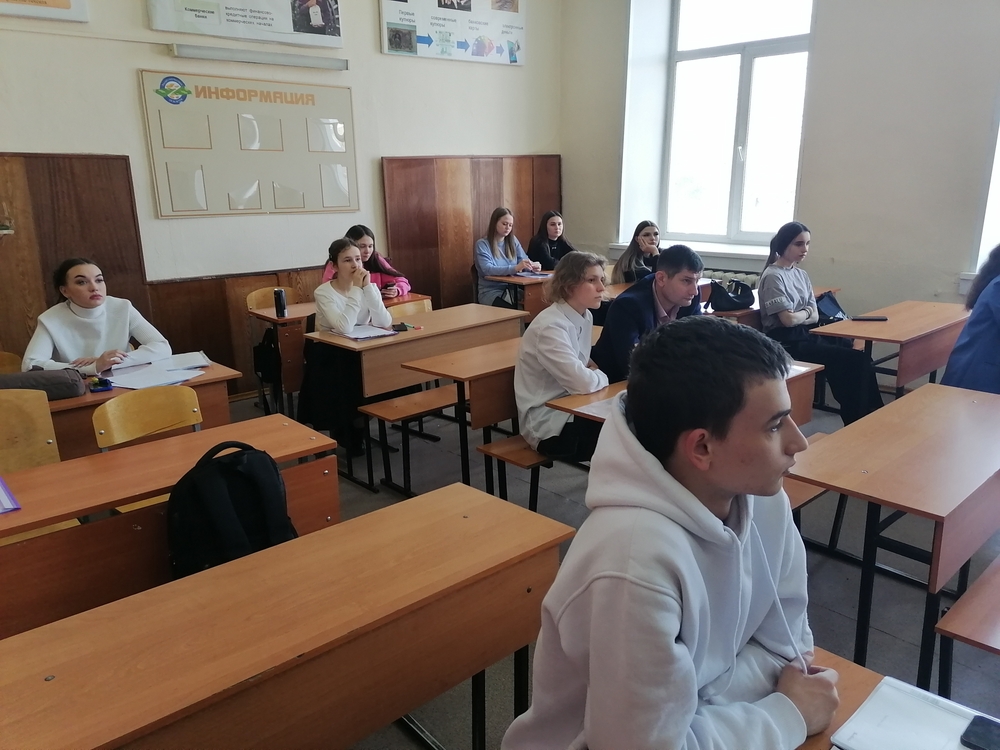
A shocking investigation by the Gino Germani Institute in Rome reveals that major Italian school textbooks are echoing Russian propaganda, portraying Ukraine in highly negative and misleading terms.
The study, based on research conducted after a probe by news agency Adnkronos, uncovered troubling content across 28 widely used history and geography books.
Ukraine Described as “Failed, Poor, and Backward”
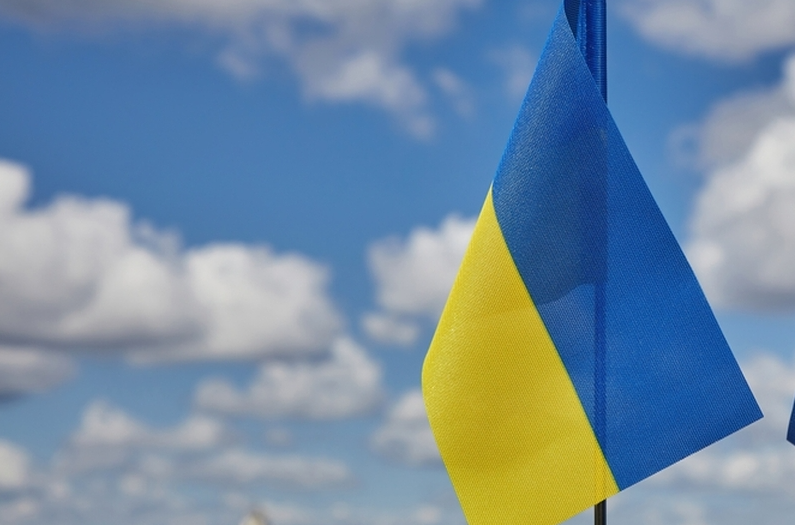
According to the report, Ukraine is consistently framed as a dysfunctional and insignificant nation.
Also read
One of the most repeated claims across multiple textbooks is that Ukraine is a “failed, poor, backward country born by accident from the collapse of the Soviet Union.”
This portrayal, researchers say, helps justify Russia’s invasion by painting Ukraine as inherently unstable and corrupt.
Kiev Rewritten as Russia’s Cradle, Not Ukraine’s Capital
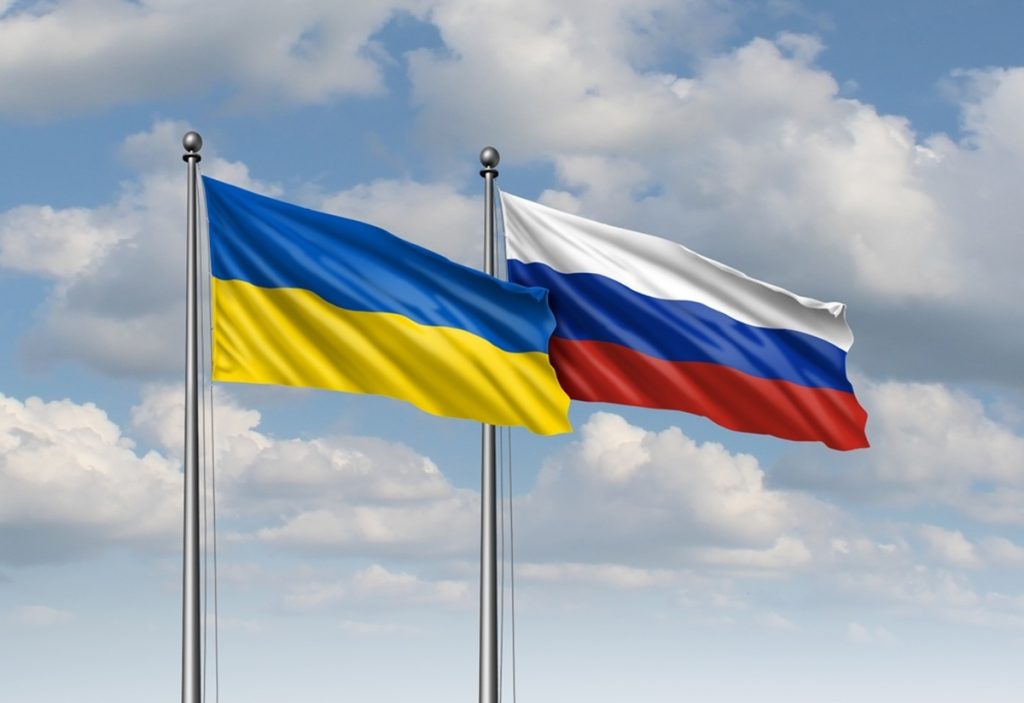
One of the most insidious distortions is the repeated narrative that Kiev is “the cradle of Muscovite culture,” rather than the heart of Ukrainian national identity.
“Moscow didn’t even exist at the time of Kievan Rus,” explains Massimiliano Di Pasquale, director of the Germani Institute’s Ukraine Observatory, calling the claim a deliberate denial of Ukrainian history.
Textbooks Echo Kremlin Justifications
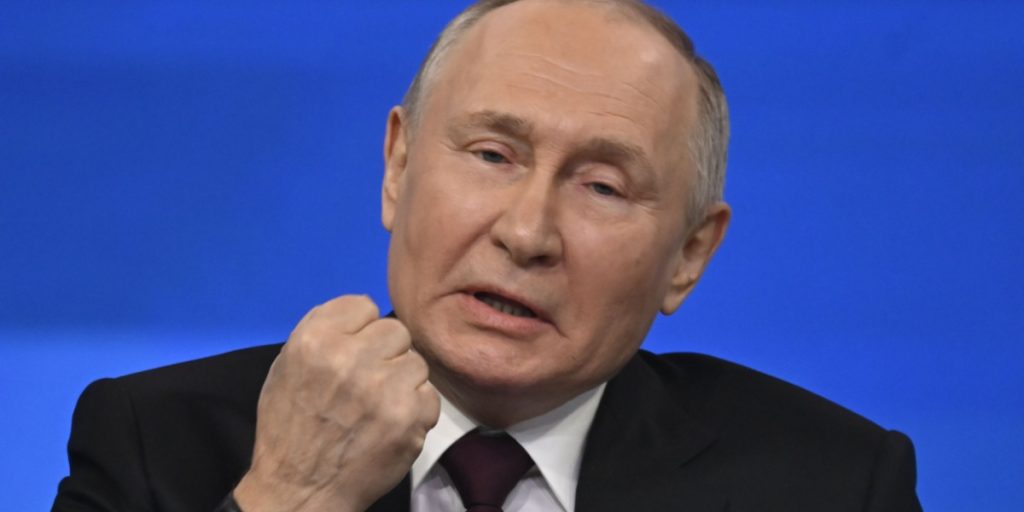
The study found that many textbooks describe the annexation of Crimea as a legitimate outcome of a referendum, framing the 2014 invasion as a restoration of Russian power.
In some cases, the material even suggests that Russia “regained its political importance” through the act, an interpretation that directly mirrors Kremlin talking points.
Seven Major Themes of Russian Propaganda Identified
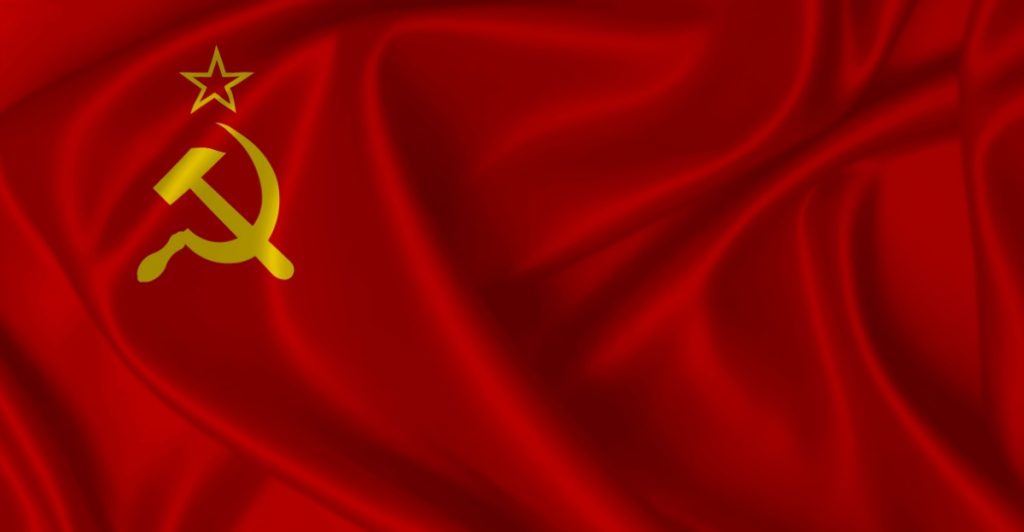
The Germani Institute identified seven core propaganda lines present in Italian textbooks: misrepresentation of Ukraine’s origins, justifications for military aggression, erasure of Ukrainian culture, romanticizing the Soviet Union, blaming Ukraine for the war, portraying Donbas as Russian, and normalizing Russification.
These elements are repeated frequently enough to be considered systemic rather than accidental.
A Skewed Historical Lens
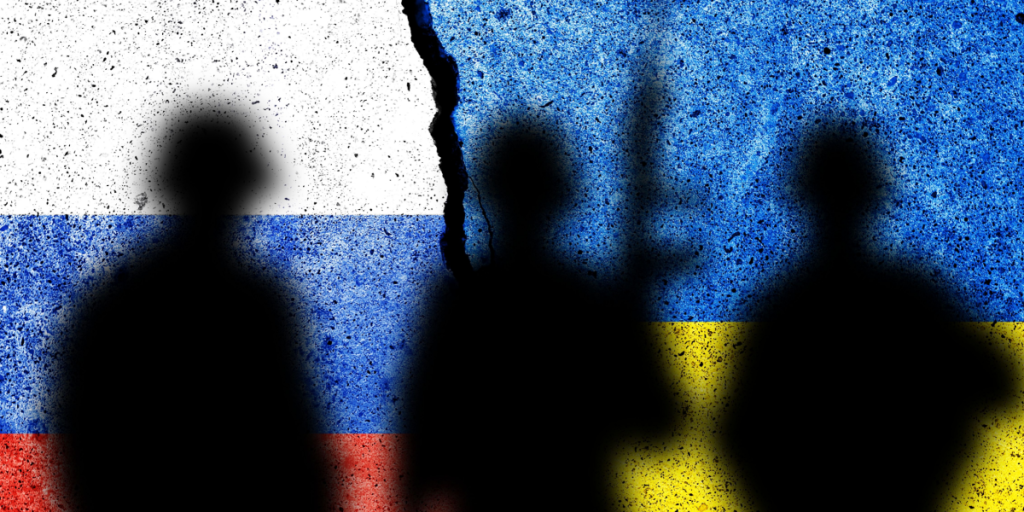
Another trend exposed in the report is the selective use of national identifiers. Achievements are labelled “Soviet,” while only negative events are assigned the adjective “Ukrainian.”
Examples of linguistic bias also include the use of Russian spellings for Ukrainian cities (e.g., “Kharkov” instead of “Kharkiv”), further reinforcing a pro-Kremlin narrative.
Experts Warn of Long-Term Impact on Students
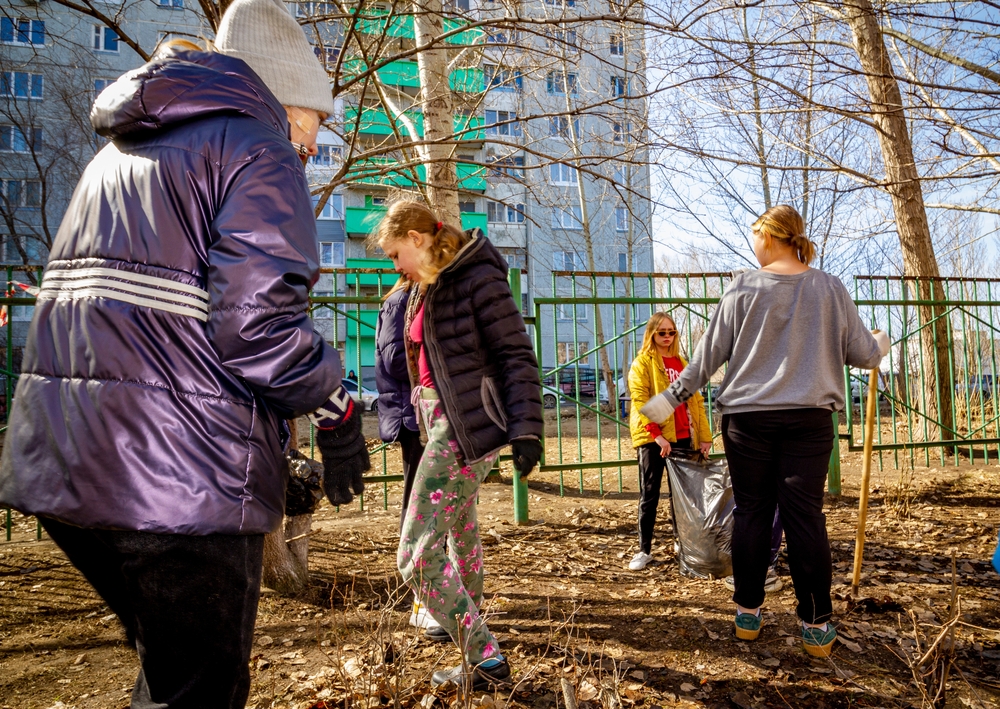
“These are things that stay in children’s memories,” warns Di Pasquale.
He argues that this subtle form of soft power, left unchallenged, risks reshaping public perception of history.
“We need to teach kids to think critically and recognize totalitarianism in all its forms. In Italy, we only talk about Nazism. But propaganda wears many faces.”


